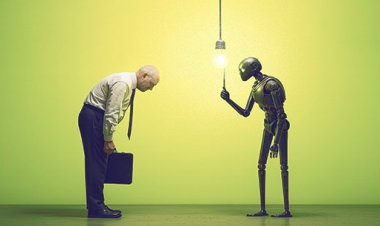No time to eat? Why having your meals in 20 minutes or less is bad for you
If you regularly have your breakfast, lunch or dinner in less than 20-30 minutes, you are eating too fast. According to experts, when people eat rapidly, they can miss signals from the body that indicate fullness. Doing so over a long time can lead to a range of health problems, including obesity

You can have your cake and eat it too — just do it slowly.
Experts tend to focus on the kinds of foods you can eat to improve your health. But the speed at which you devour your dinner matters just as much. There are risks with eating too fast — think stuck food and the potential to overeat before your brain tells you to stop. (Inhaling your food also risks annoying your slower-paced dining companions or the person who took the time to cook your meal.)
Here are some tips from scientists on how to slow down and take a more mindful approach to consuming your diet.
How fast is too fast?
If you’re the kind of person who can regularly polish off breakfast, lunch or dinner in less than 20-30 minutes, you are eating too fast.
“It takes about 20 minutes for the stomach to communicate to the brain via a whole host of hormonal signals that it’s full,” said Leslie Heinberg, at the Center for Behavioral Health at the Cleveland Clinic. “So when people eat rapidly, they can miss these signals and it’s very easy to eat beyond the point of fullness.”






















